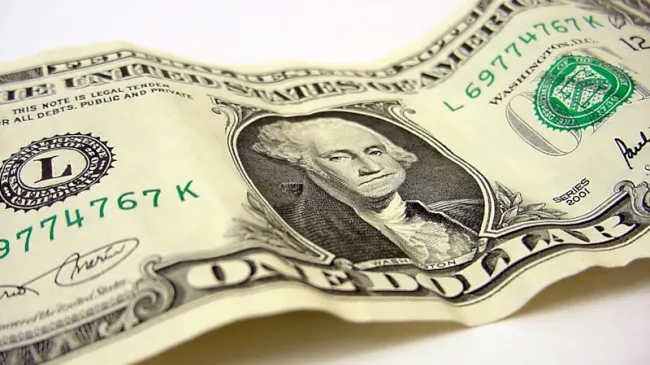Currency Devaluation and Economic Growth
Many economists have suggested that the weakening in the US dollar could actually be good for the economy—since a weaker dollar will boost manufacturing production, which in turn will lift employment and all this will set in motion economic growth. Nonsense, says Frank Shostak: the emergence of competitive devaluations is the surest way of destroying the market economy and plunging the world into a period of crisis.










